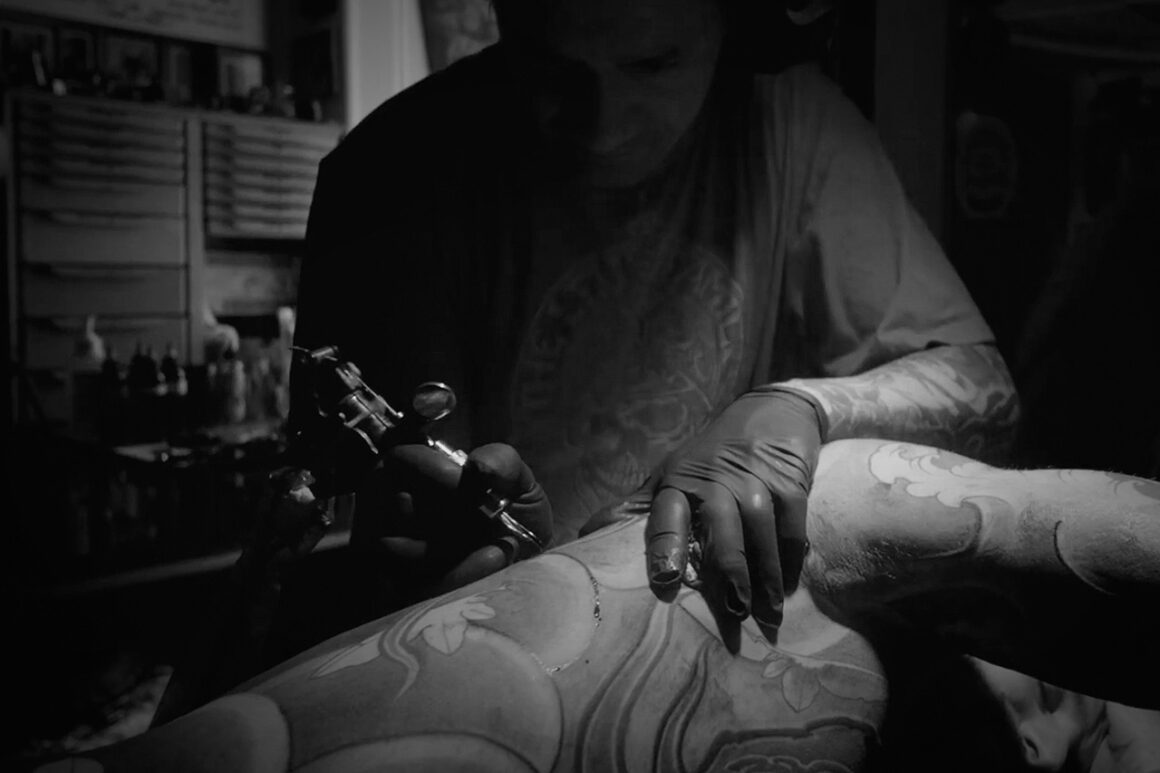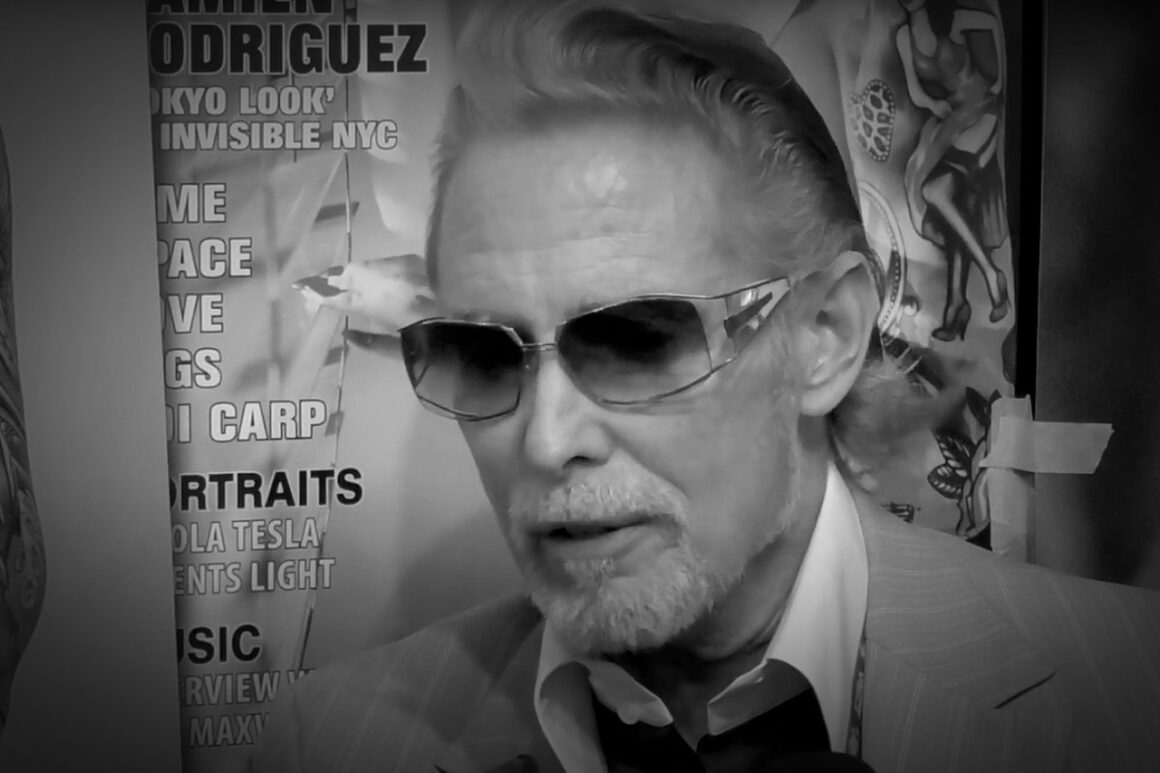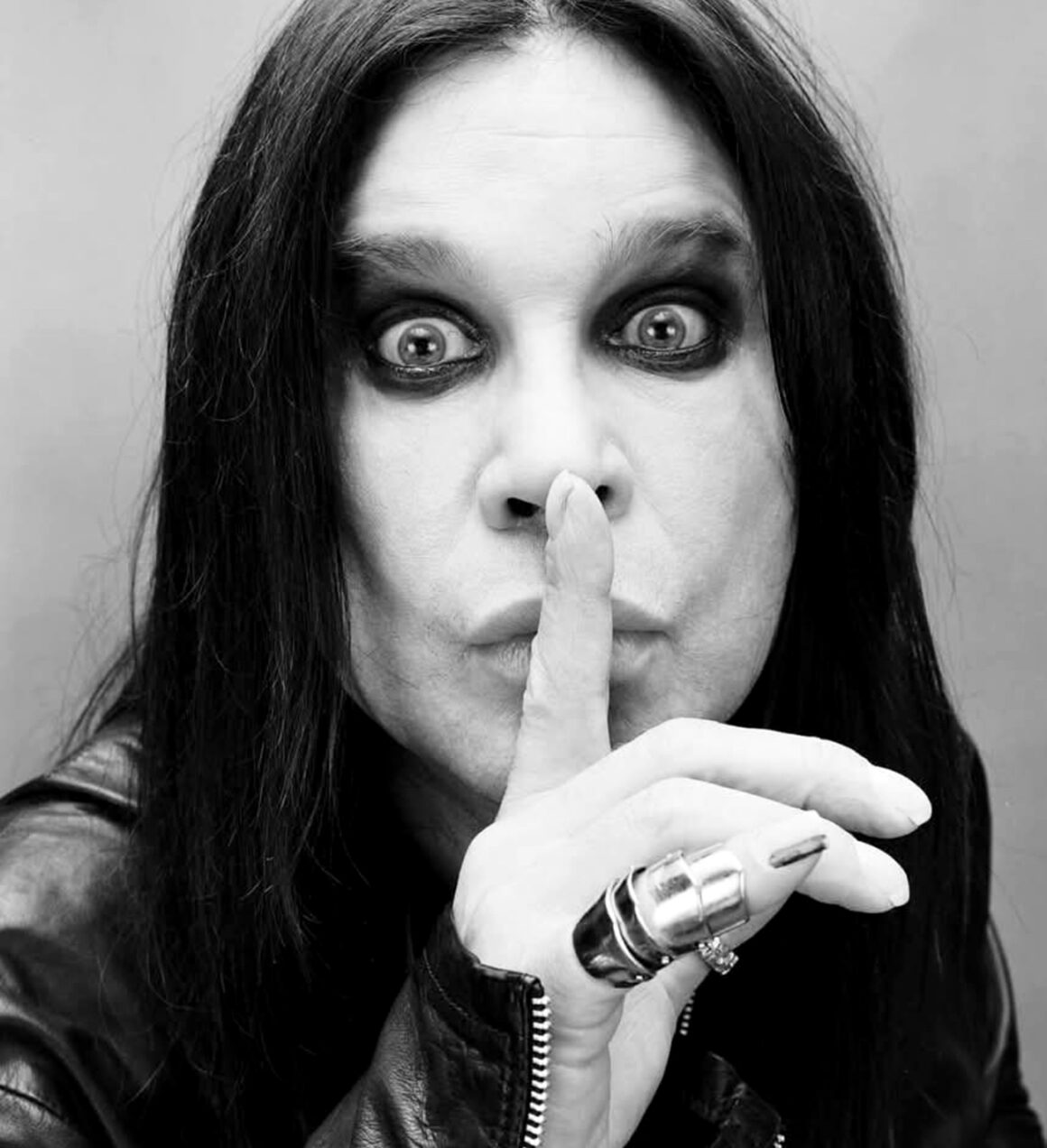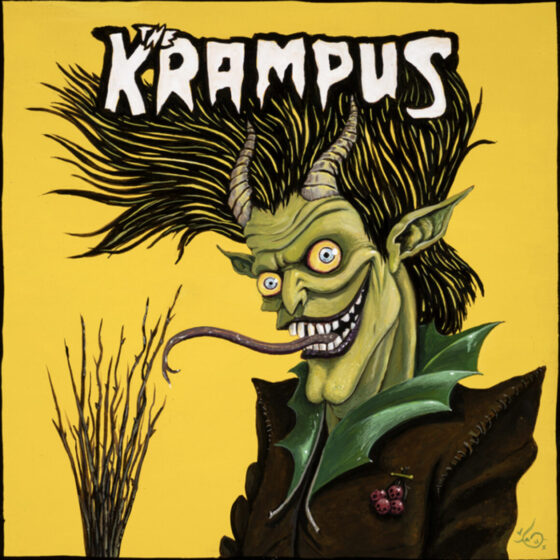The Madman, celebrated in life through thousands of tattoos in his honour, passed away just weeks after his “farewell concert” in Birmingham. To pay proper tribute, we look back at Ordinary Man, his solo album released five years ago (2020), which still deserves further exploration. In hindsight, a rather prophetic record. Below, our original review from the time.

Ten years. Ten long years had passed since Ozzy Osbourne’s last solo album, the decent Scream (2010). Now came Ordinary Man, the British singer’s twelfth effort —a stark reminder that time flows fast and relentlessly for us all.
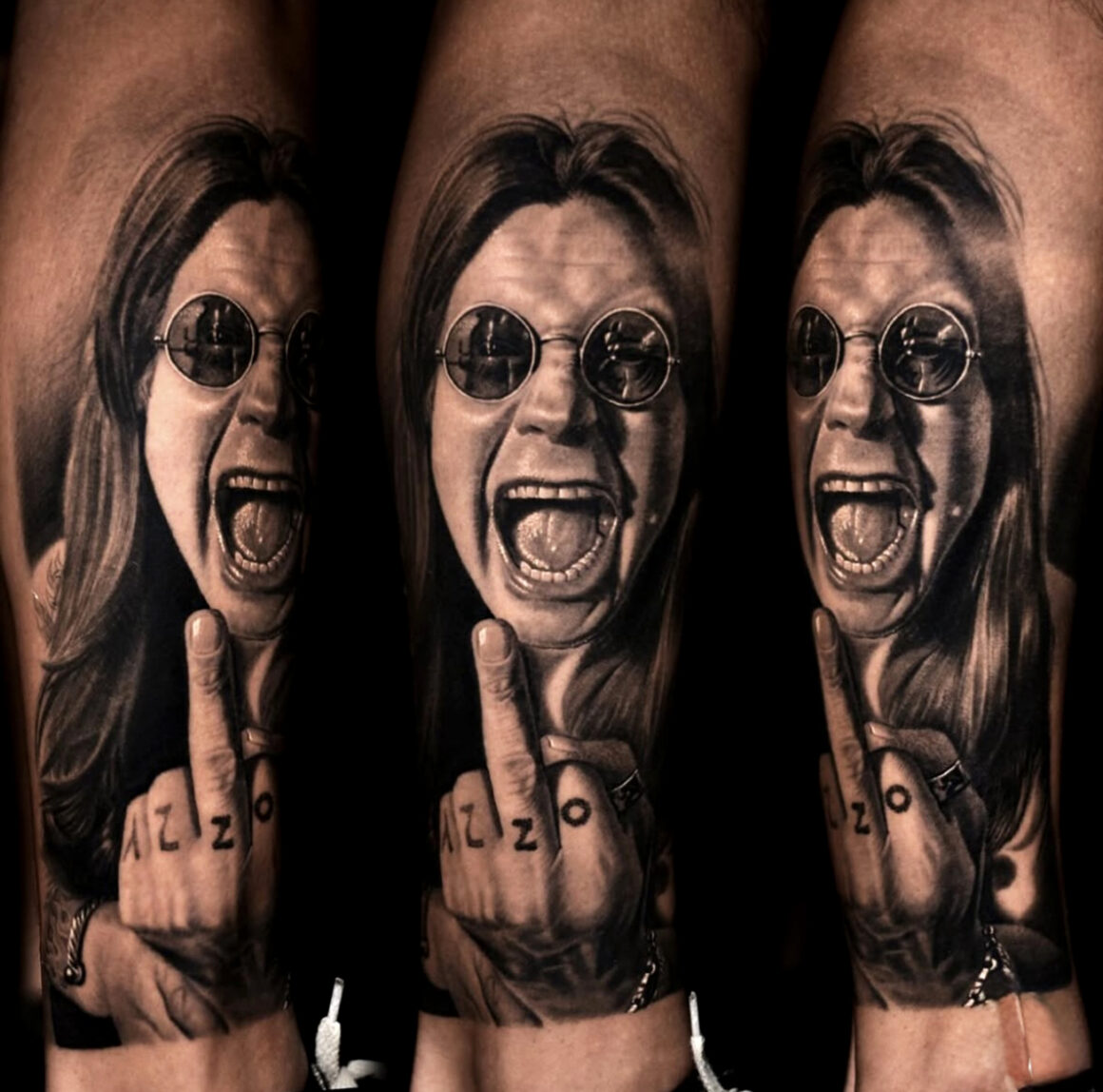
Not that Ordinary Man is a bad album. On the contrary, it oozes melancholy, sorrow, and nostalgia from every note. As if to tell us that Osbourne—who would have turned 72 that December and was already struggling with numerous health issues, including the devastating effects of Parkinson’s—saw this work as something of a farewell.

A fitting curtain call to a glorious career. Much like 13, the Black Sabbath swansong, led by a remarkably inspired Ozzy and shaped by Tony Iommi’s riffs, released seven years prior.
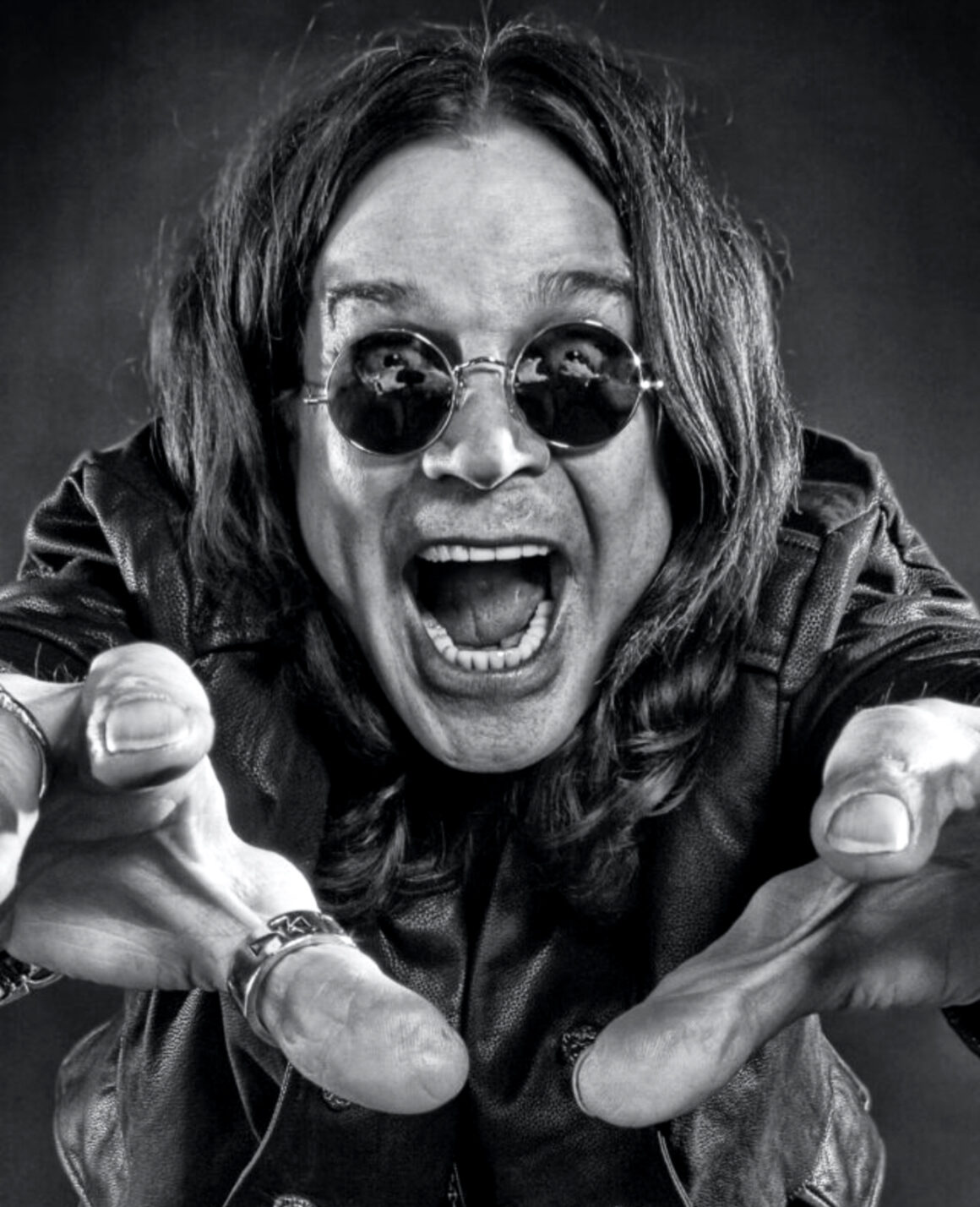
Yet, while 13 was heavy, dark, and decidedly self-congratulatory, Ordinary Man leans more towards Beatles-style sweetness (see the delightful All My Life)—sublimating the bittersweet nature of a life lived at full throttle. A life that perhaps, only now, requires a deep existential and philosophical summary.

From this angle, the ballads are incredibly expressive—starting with the magical duet with Elton John on the title track (a masterpiece, especially when Elton’s powerful voice bursts in), to the single Under the Graveyard (which ends with a pacey, Sabbath-esque outro), and the symphonic, almost saccharine Holy for Tonight. The latter is thoroughly “Eltonian” to the core, and wouldn’t have been out of place on ’70s albums like Goodbye Yellow Brick Road or Captain Fantastic and the Brown Dirt Cowboy.
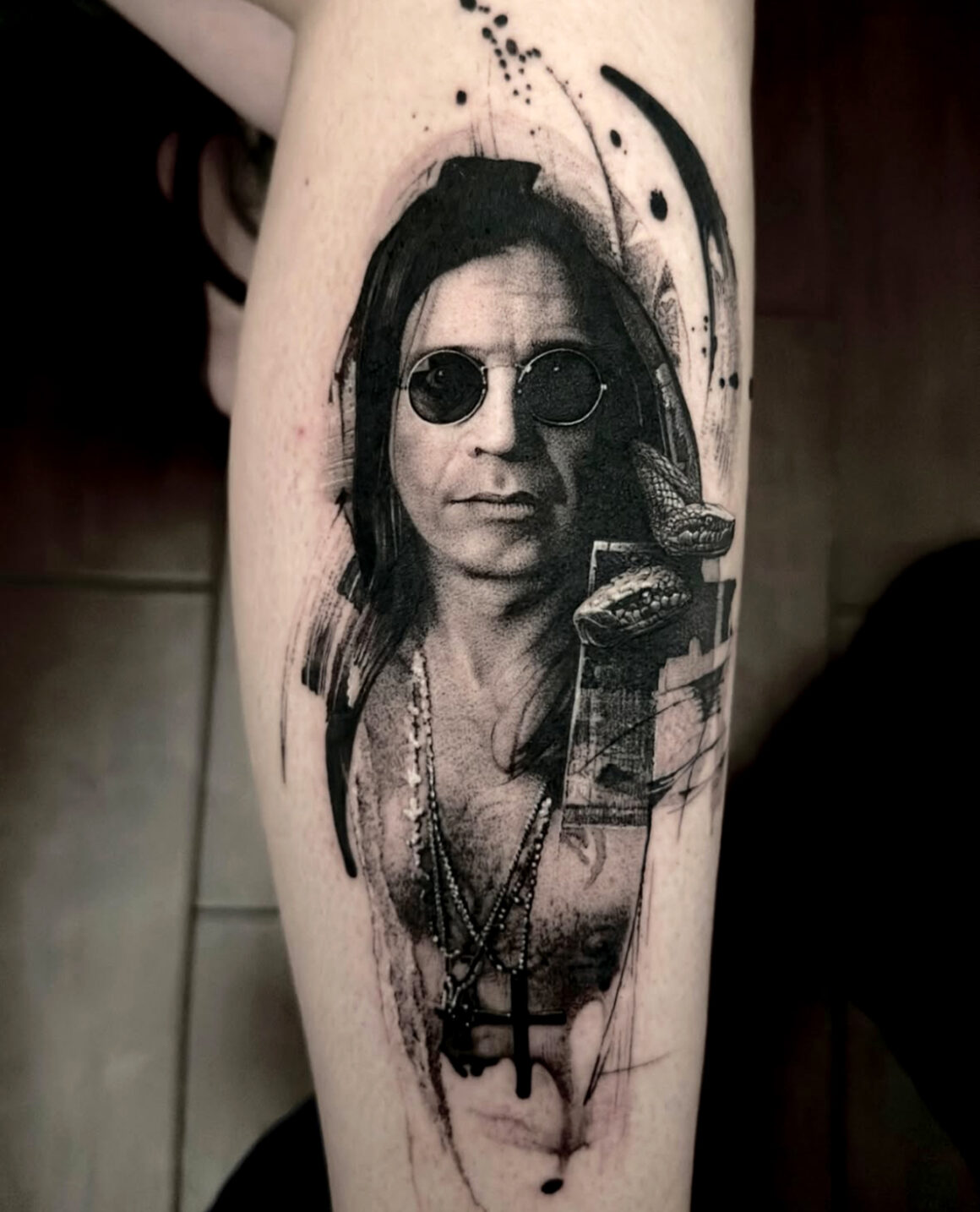
And the rock with a metal twist? While this may not be Diary of a Madman or No Rest for the Wicked, there’s plenty of heavy stuff here. This is, after all, an album featuring Andrew Watt (stepping in for Zakk Wylde, offering a solid if restrained performance), Duff McKagan of Guns N’ Roses, and Chad Smith of Red Hot Chili Peppers, who brings zero funk but plenty of backbone to the drums.
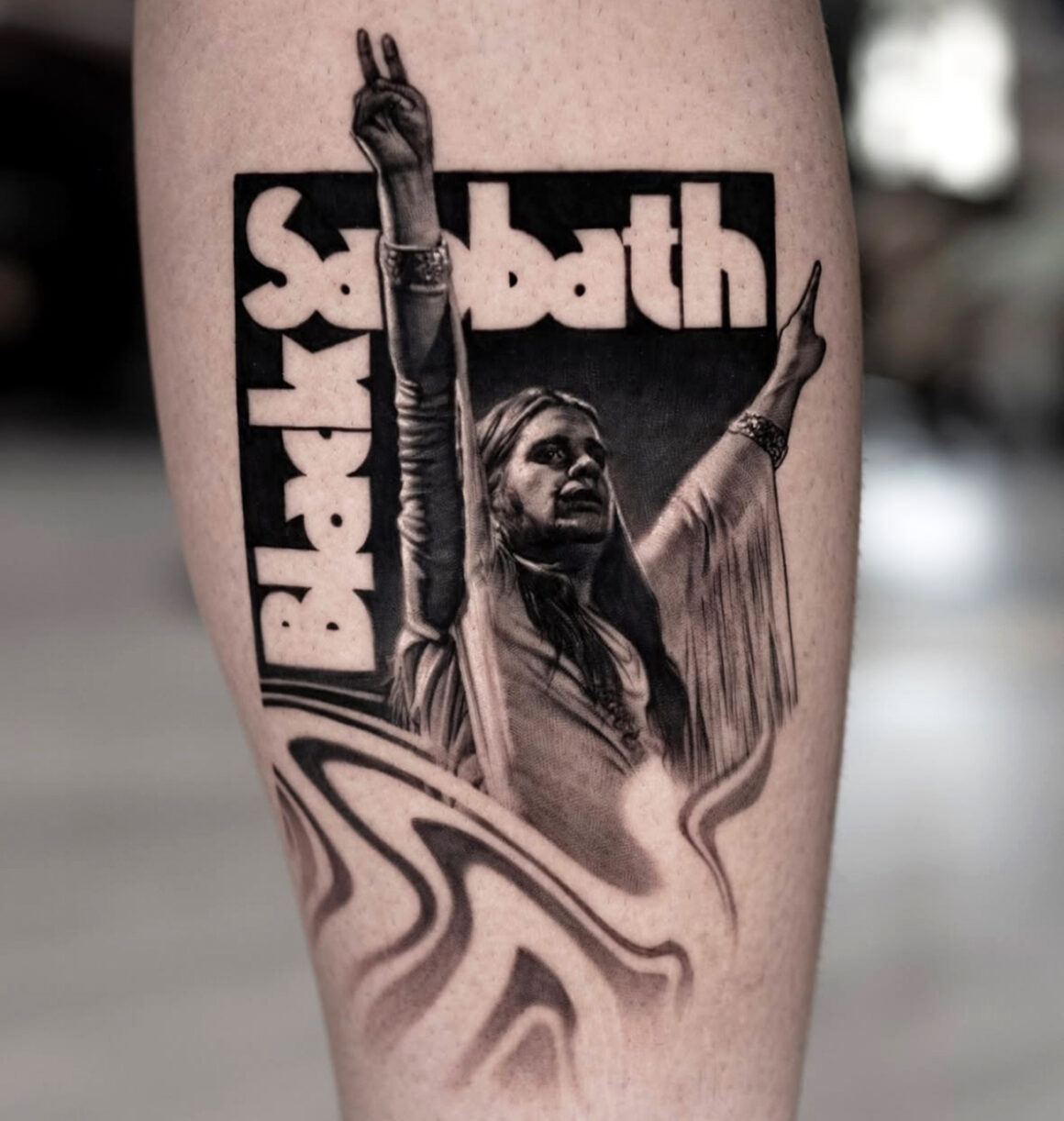
As for the heavier tracks, we get Goodbye with its Iron Man-esque vocal effect and grunge undertones; Eat Me is pure hard rock lunacy; Today Is the End feels more conventional with its moody arpeggios; and Scary Little Green Men sees Rage Against the Machine’s Tom Morello shine. His feature feels far less wasted than Slash’s—who, though present on both Straight to Hell and the title track, never quite steals the spotlight (which, as mentioned, is firmly held by Elton John in the latter).

The album closes with two of its most talked-about and pseudo-experimental tracks—Ozzy’s collaborations with rapper Post Malone, which ignited heated online debate. It’s a Raid is surprisingly amusing, with Ozzy diving into a punk/hardcore whirlwind that’s way outside his comfort zone but pulled off with seasoned skill.
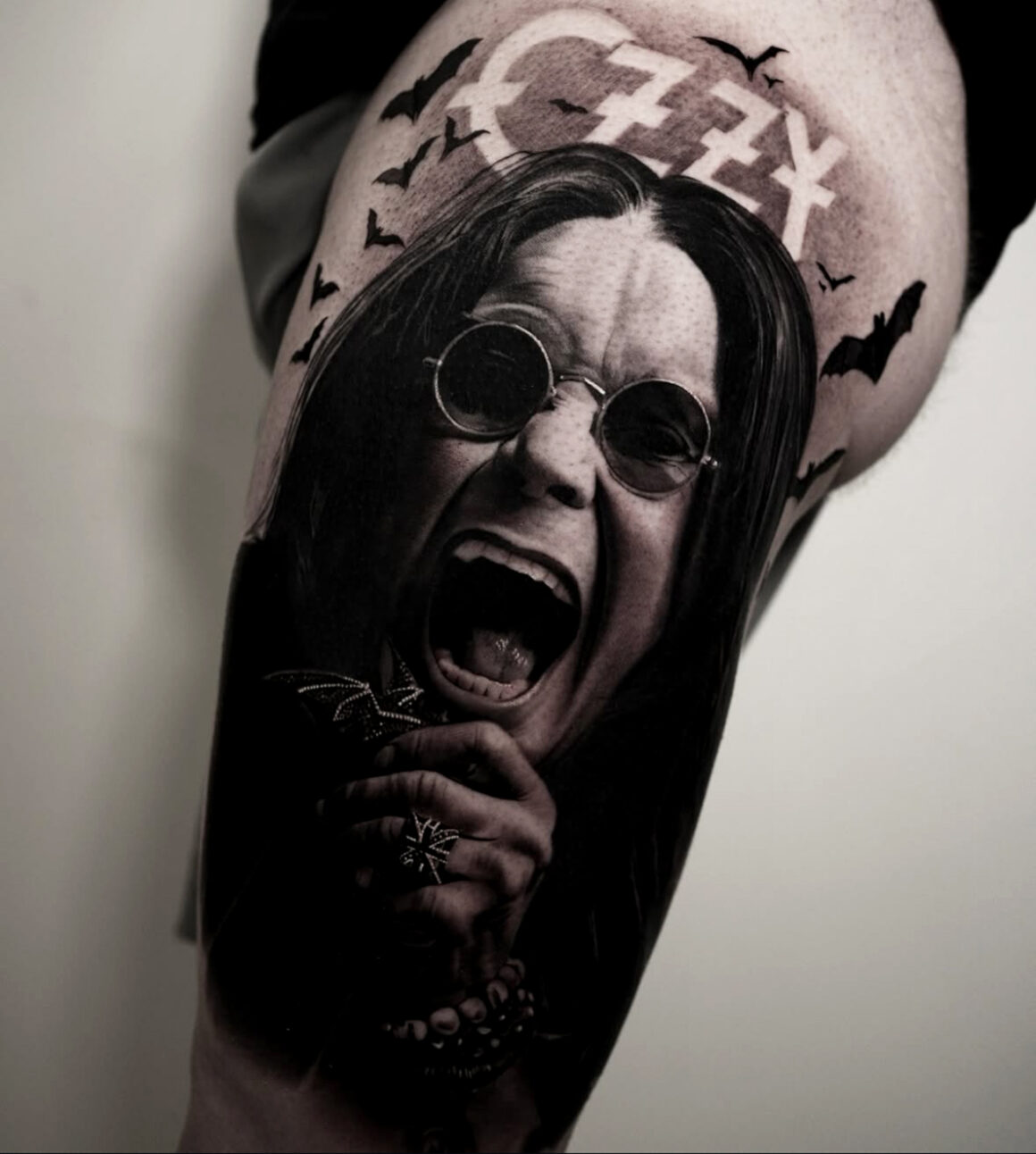
More shocking is the closing track Take What You Want, featuring Travis Scott—a full-on trap number where Ozzy’s role is reduced to screaming the chorus amid a sea of auto-tune, slick production, and bluesy solos that aim to bridge the 1970s (Black Sabbath) with the 2020s (Drake, ASAP Rocky, Post Malone). A musical blasphemy? Not at all. Especially for a man who, back in 1998, teamed up (and brilliantly so) with Busta Rhymes.

In fact, a song like Take What You Want hints—loudly—that there’s always something around the corner. Even when you’re in your seventies, cancelling tour after tour due to physical setbacks. Who knows? A year from now, you might drop a new album and announce a massive world tour. Because your name is Ozzy Osbourne. And no matter how well you spin the story, you’ll never die as an “ordinary man.”
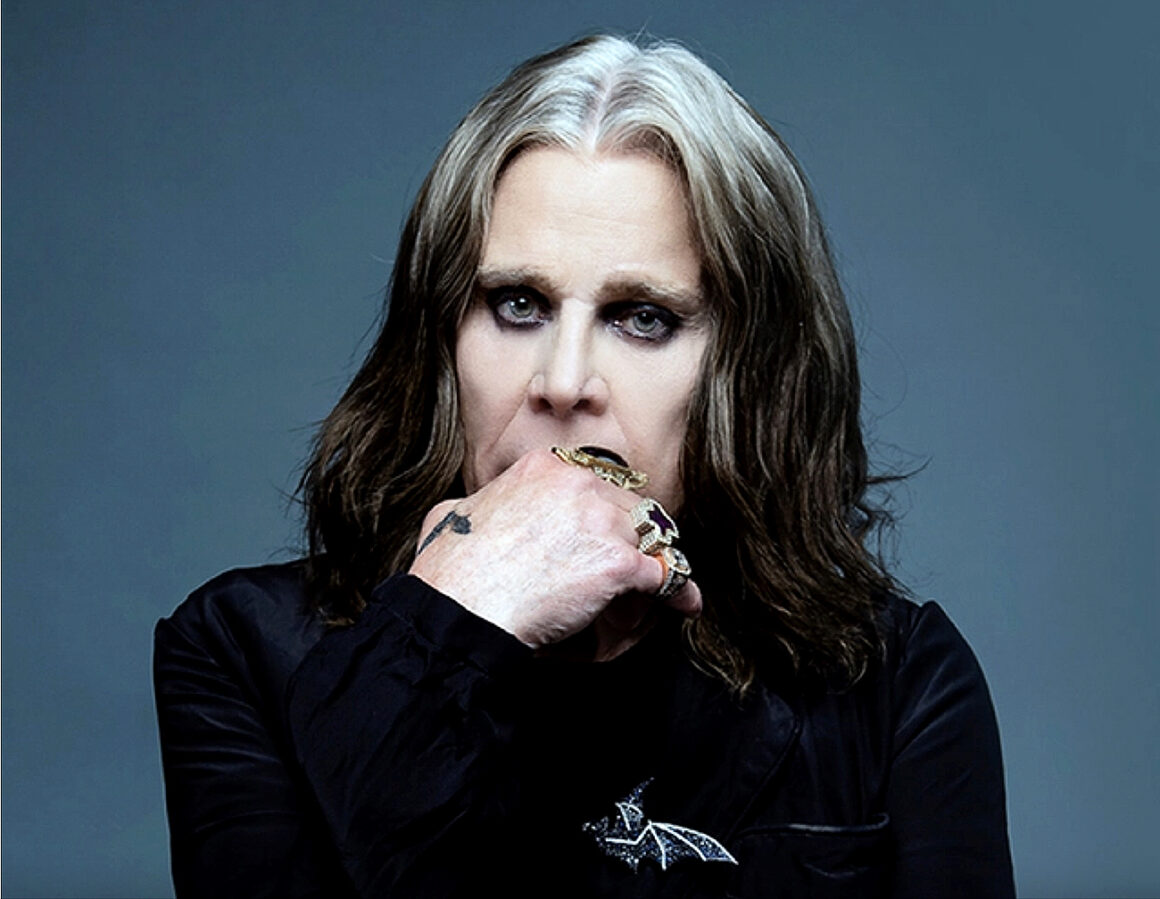
Dedicated by the author and the entire Tattoo Life editorial team to John Michael Osbourne, a.k.a. Ozzy (1948–2025), the undisputed “father” of heavy metal. Legends never die—because they live on in what they created during their lifetime. And so it shall be this time too.
